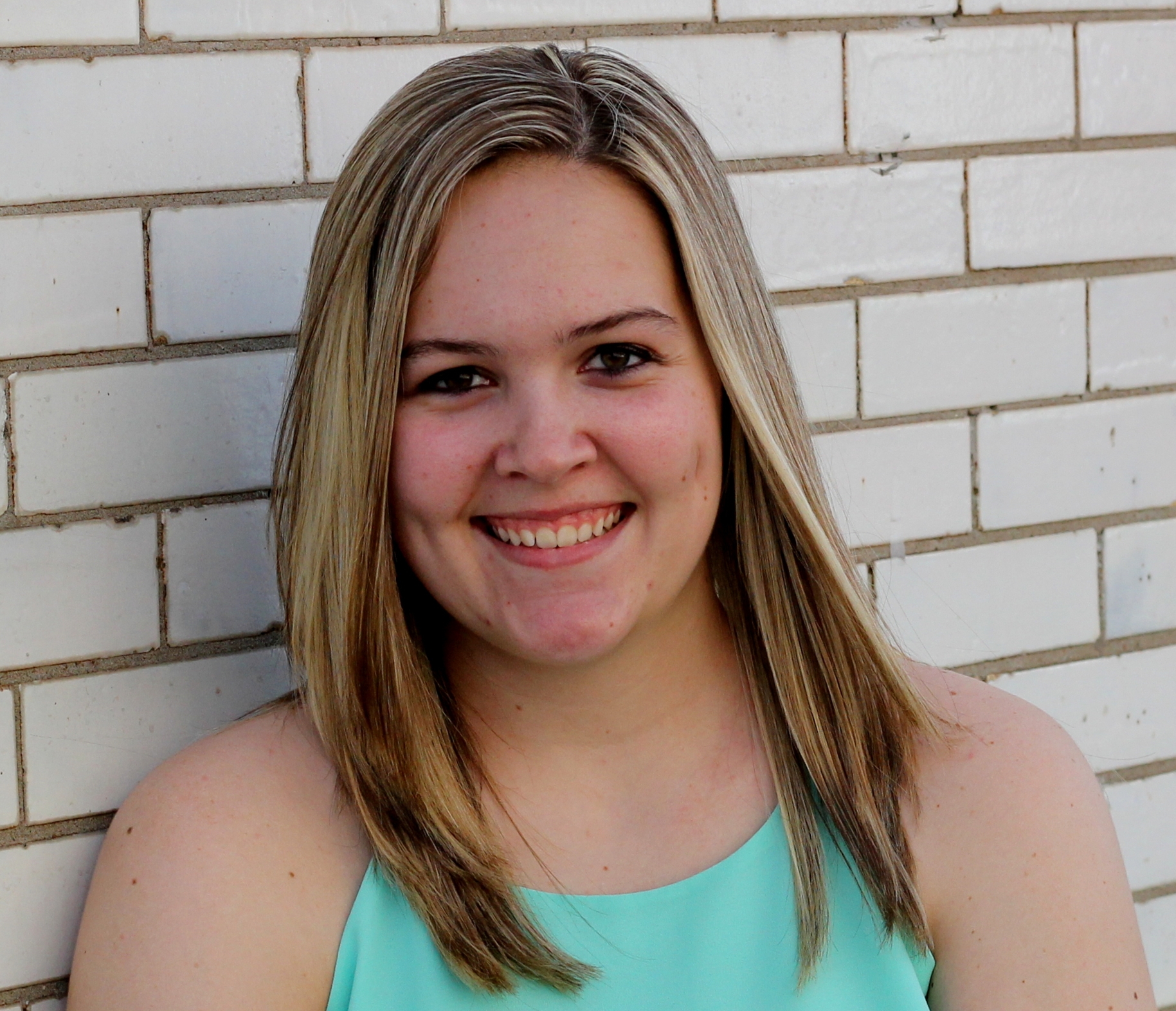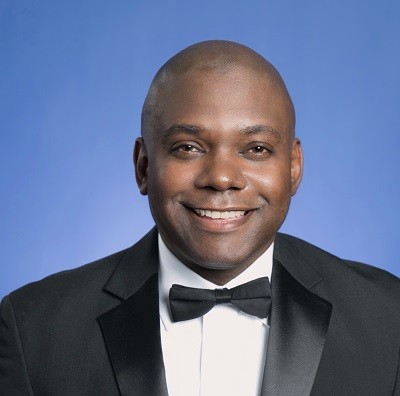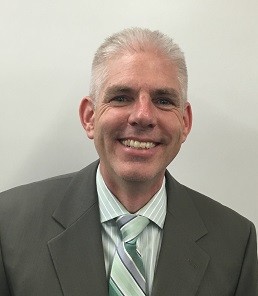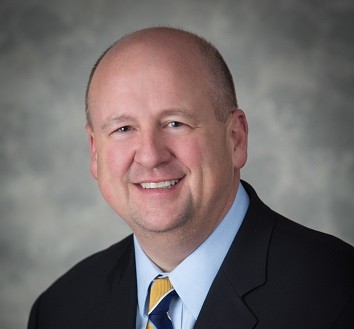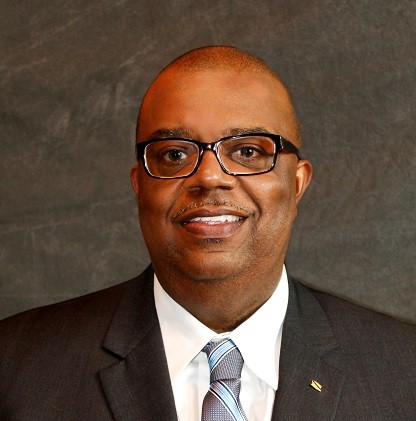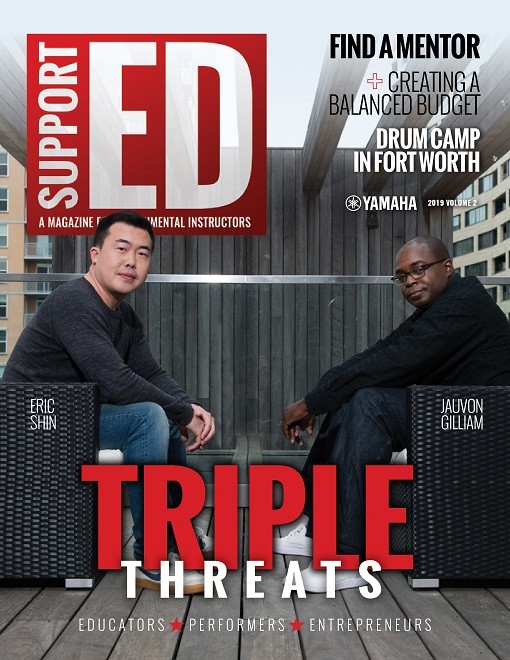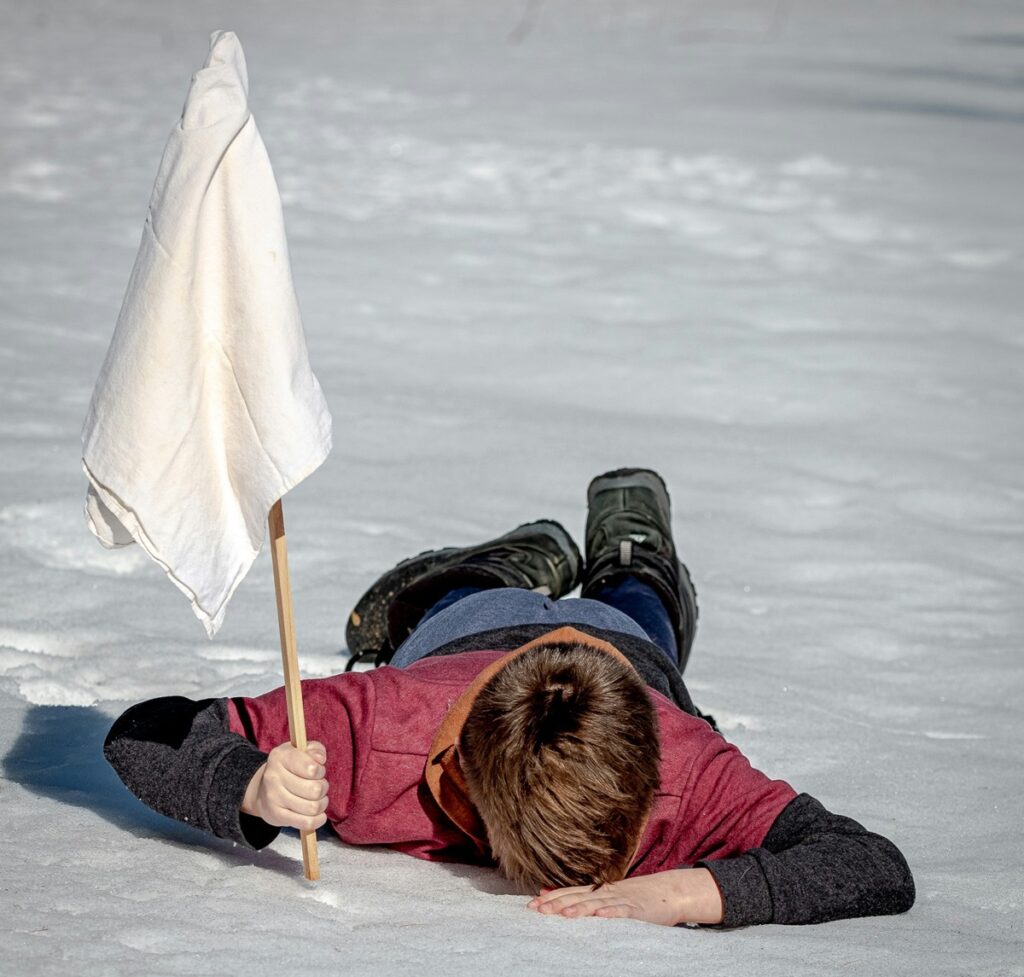Find a Mentor
Seek guidance from a mentor who can help you navigate those confusing and isolating early years of teaching.
An act of kindness can spark a decades-long mentor relationship. Dr. Reginald McDonald remembers when Herb Cox, a former band director, stepped up to help him tune his middle school concert band.
McDonald says that several of his students were not sitting correctly, making tuning stressful and labored.
“[Cox] just politely asked me, ‘Do you mind if I do it?’ [and] … he just came off so subtle and demonstrated to me and the kids how different they sounded,” recalls McDonald, now the director of bands and orchestra and associate professor at Tennessee State University. “I respect him, and I appreciated [his] approach to taking a stressful situation and calming the waters.”
McDonald still considers Cox a friend and mentor 25 years later, and he has tried to learn something new from Cox every time the two see each other.
Between the valuable insight, strong support and lasting friendships, mentor relationships are a must for new music educators.
Matching Mentors and Mentees
Professional associations can be great places to locate mentorship opportunities. For example, the California Music Educators Association (CMEA) created a mentorship program in 2015.
“If you’re teaching English or math, there tends to be several teachers in that subject area, but if you’re the music teacher, oftentimes you’re the only music teacher on that campus,” says Mark Nicholson, CMEA mentorship program chair. “So, many times they feel as if they’re on their own island, and they don’t have anyone to call upon who has that particular music expertise and background. That’s why we find it so necessary to offer this support that’s not there right now.”
After mentors and mentees apply, CMEA pairs the individuals, paying close attention to their disciplines, goals, teaching philosophies, backgrounds, experiences and geography.
“Maybe a music teacher has to lead a guitar class and isn’t familiar with that situation, so it’s important to find a mentor who has specific experience in guitar ensembles,” Nicholson says. “It’s also important that we find a mentor who’s fairly close in proximity to the mentee, so that they can get into the classroom and develop more of a personal relationship.”
New teachers can also find their own mentors through their prior student teaching, current school district, music conferences and other national organizations. A good resource is the Music for All Interstate-65 Corridor Project that helps urban music educators along I-65 in the Midwest and South share resources, network and participate in professional development.
For relationships to prosper, mentors and mentees must have communication and trust. Through CMEA’s program, educators sign a partnership agreement that includes their goals, expectations and communication strategies. They also sign a confidentiality agreement, something band directors say is a must to facilitate open and honest discussions without fear of repercussions.
Mentors must also assure their mentees that they are on “equal footing” and are approachable, says Michael Stone, CMEA’s past president and its current music supervisors representative.
Guiding the Next Generation
Even though college classes and student teaching equip new educators with several tools, some situations must be learned in the field, and mentors can fill those gaps, says Zachary Harris, concert band director and low brass instructor at William Carey University in Hattiesburg, Mississippi. For instance, mentors can coach young professionals on how to set up their events calendar, plan their trips, create budgets, pick music for their performances and work with band parents.
McDonald adds that a mentor can also “minimize the depth of mistakes” when new teachers do make errors in their classrooms.
New teachers shouldn’t expect one person to provide all the help they need. Stone, who is also the visual and performing arts coordinator at Bakersfield (California) City School District, says he learned different lessons from different mentors. One offered advice on how to inspire his students and community while another helped Stone learn the details of various instruments, and a third mentor helped him develop his philosophies about music education.
Recognize What Works for You
A mentor’s advice may not always work with the new teacher’s program or community, notes Harris, who also chairs the Urban Education Advisory Committee that oversees the I-65 Corridor Project. If new teachers “try to model after this person, and your community isn’t accepting the way they do it, then that could be damaging to your program,” he adds.
While mentors should listen and give advice, they should also let new teachers spread their wings and learn what works for their music programs. For example, teachers can provide general advice on tuning a band correctly but let the new teachers experiment with different warm-up techniques for tuning, Harris says.
Mentorship relationships typically don’t evaporate into thin air once new educators gain their footing. Harris still has weekly or monthly conversations with two of his mentors. “Once you establish that relationship, you have it for life because you never stop learning,” Harris says. “There’s always going to be something new or something different.”
This article originally appeared in the 2019 V2 issue of Yamaha SupportED. To see more back issues, find out about Yamaha resources for music educators, or sign up to be notified when the next issue is available, click here.









